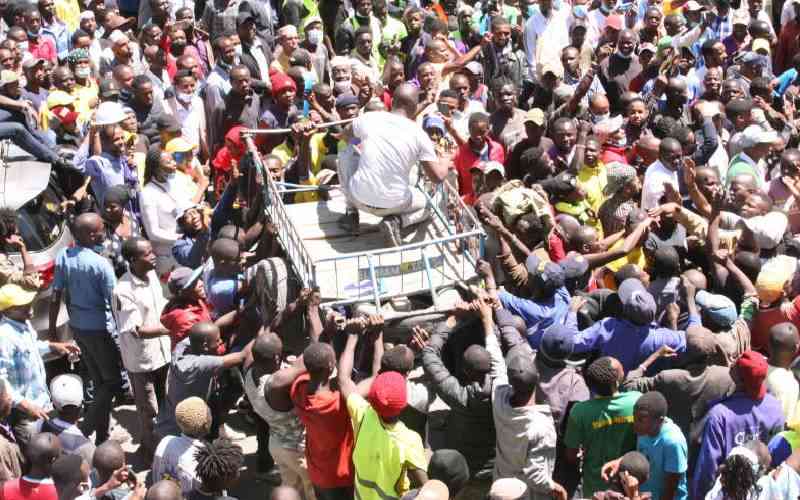×
The Standard e-Paper
Home To Bold Columnists

The 2022 presidential election was a turnout election. In his best ten counties (share of votes cast), the UDA candidate averaged a turnout of 73.3 per cent.
The corresponding figure for the Azimio candidate was 65.8 per cent. For example, in the Azimio best four counties of Homa Bay, Siaya, Kisumu and Migori, more than 590,000 people did not vote.